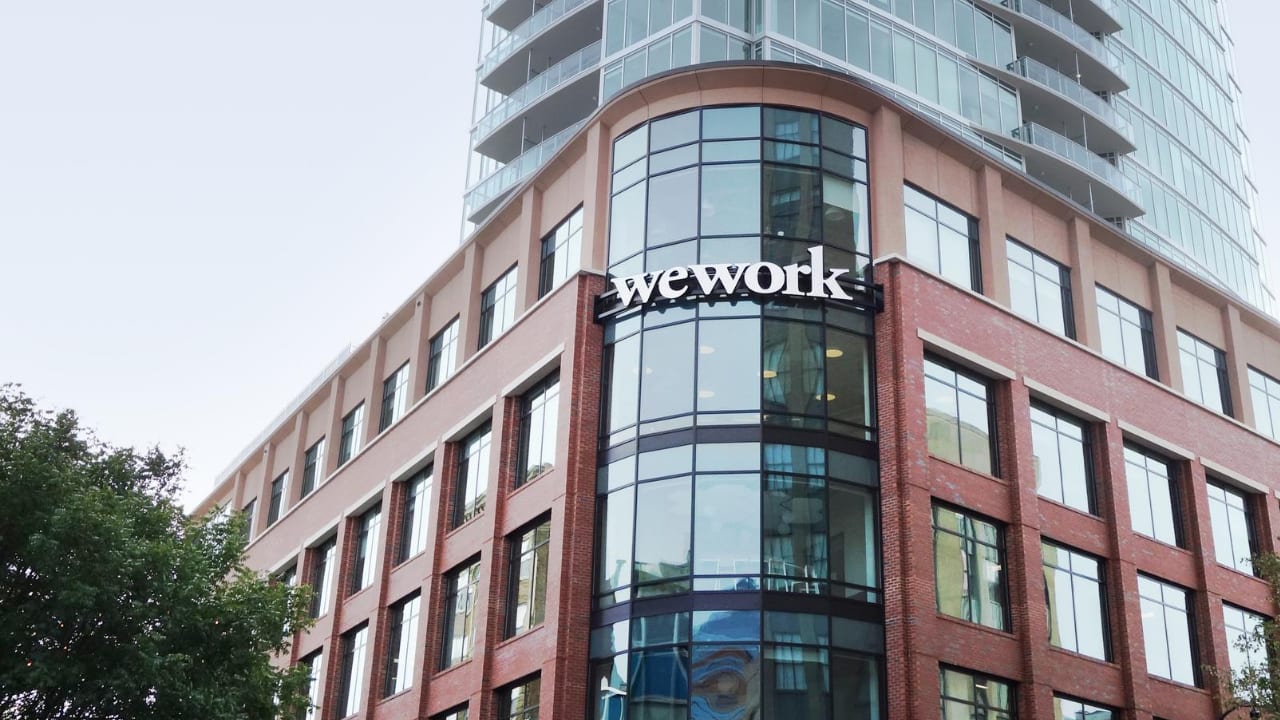Businesses are attempting to make a comeback as vaccination rates increase and some restrictions loosen.
During the second quarter of this year, earnings in the U.S. grew with 88% of S&P 500 companies reporting positive results and the UK’s hospitality industry contributed 40% of economic growth.
Despite the increase of Covid-19 cases driven by the Delta variant, hybrid work models are still emerging as one of the most popular workplace arrangements for companies’ long-term strategies.
Companies like Google, BP, and Microsoft have already made commitments to hybrid work models in the long-term, opening up a world of opportunity for flexible office operators.
For many, this comes in the form of a hub-and-spoke approach, where employees are able to combine home working, an office near their home, and the corporate headquarters.
“The significant move to hybrid working has created unprecedented demand for our flexible work products,” said Mark Dixon, founder and CEO of IWG.
Both employees and employers benefit from this kind of arrangement. While workers can gain more flexibility in their work schedules, employers can cut down on their overhead costs and in turn have more engaged employees.















